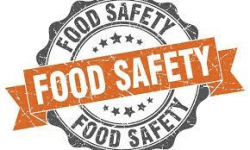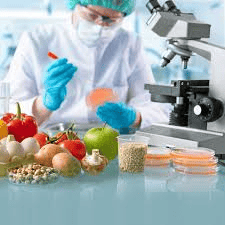Food safety is a crucial issue in any food business. A reputable global standard can help organisations ensure their products are safe to eat, improving the profitability and sustainability of companies and protecting consumers.
The World Health Organization (WHO) has identified food safety as a public health issue and has set out a Global Strategy for Food Safety to be implemented between 2022 and 2030. To meet this goal, the organisation is working with the UN Environment Programme, Food and Agriculture Organisation, and other international organisations to strengthen national food control systems.
As the number of people sickened with foodborne illnesses increases, food safety is becoming increasingly important. In addition, new technologies enable rapid detection of pathogens, reducing the time it takes to investigate a problem.
If you want to ensure your company’s product is safe to eat, there are two ways: a regulatory standard and a BRC certification. Both involve a third-party audit of your operations. These standards are based on hazard analysis and critical control point (HACCP) principles. They include requirements for a quality management system, pest control, pre-operational and post-operational sanitation procedures, and staff training. Find out more about a BRC Audit by visiting https://mqmconsulting.co.uk/services/brc-audit-global-standards-consultancy/
Both these programmes are based on the best available science. However, they differ in their requirements. For example, a regulatory standard focuses on a GMP system, while a BRC standard is based on a HACCP system. Also, both standards require food to be manufactured, processed, packed and transported safely.
Many retailers only do business with suppliers who have been audited and accredited. These companies have a high profile, and customers know that their products are of a high standard. By obtaining a regulatory standard, you can also be assured that you’re meeting the highest standards in the industry.
Developing countries may need more resources or education to secure their food supply. For this reason, some manufacturers and distributors are limiting their imports.
Increasing awareness of consumer involvement in food safety is vital. Consumers can take an active role by making complaints about unsafe foods. Educating consumers on proper handling and storage is essential to ensuring food safety.
Besides educating consumers on how to eat safely, a global standard for food safety also protects businesses from loss and damage. Manufacturers must implement a comprehensive HACCP system and ensure they address allergens and ingredients properly. Packers and pickers are also expected to adhere to rigid standards. Quality packaging and labelling materials can help prevent the product from being transported unsafely.


